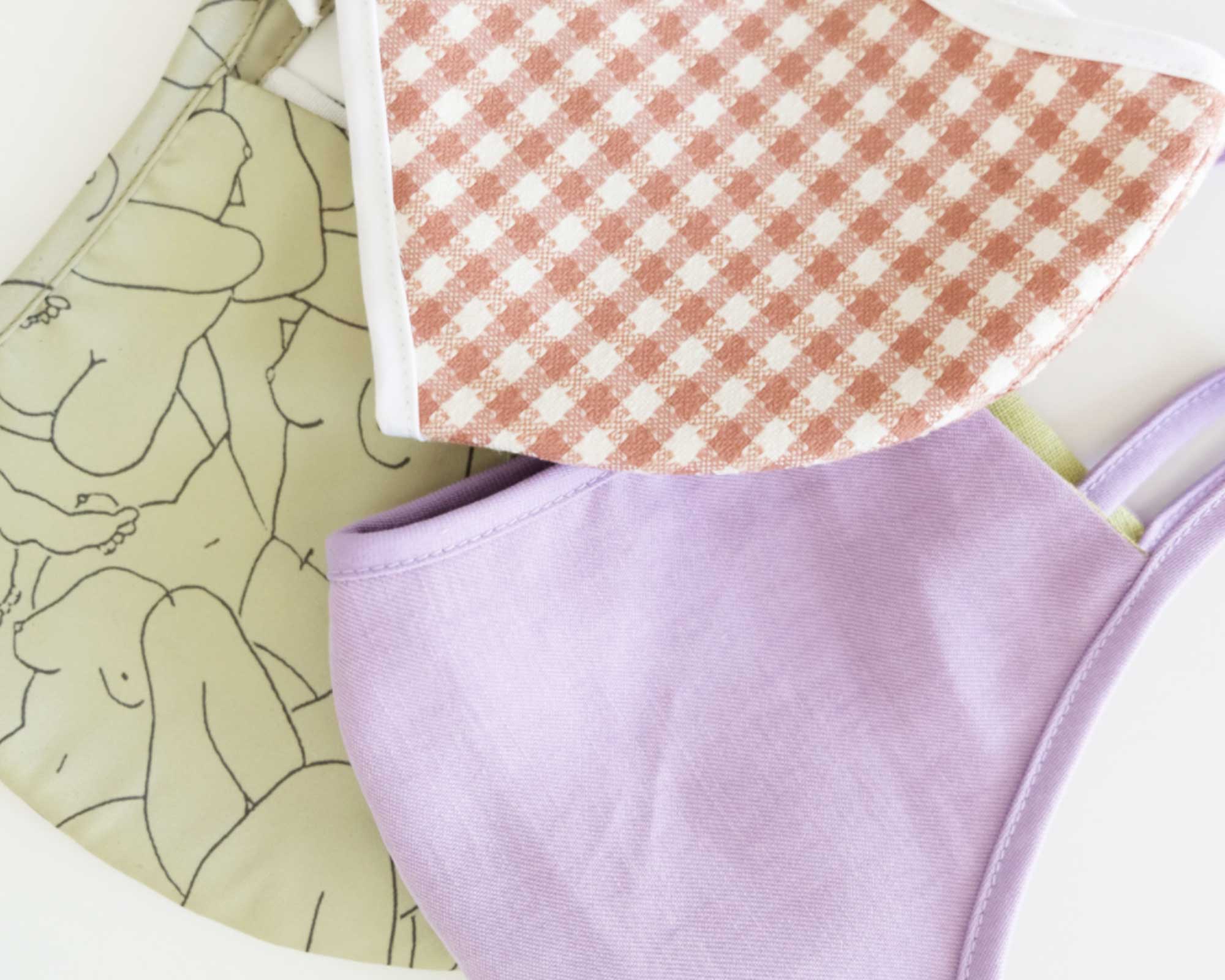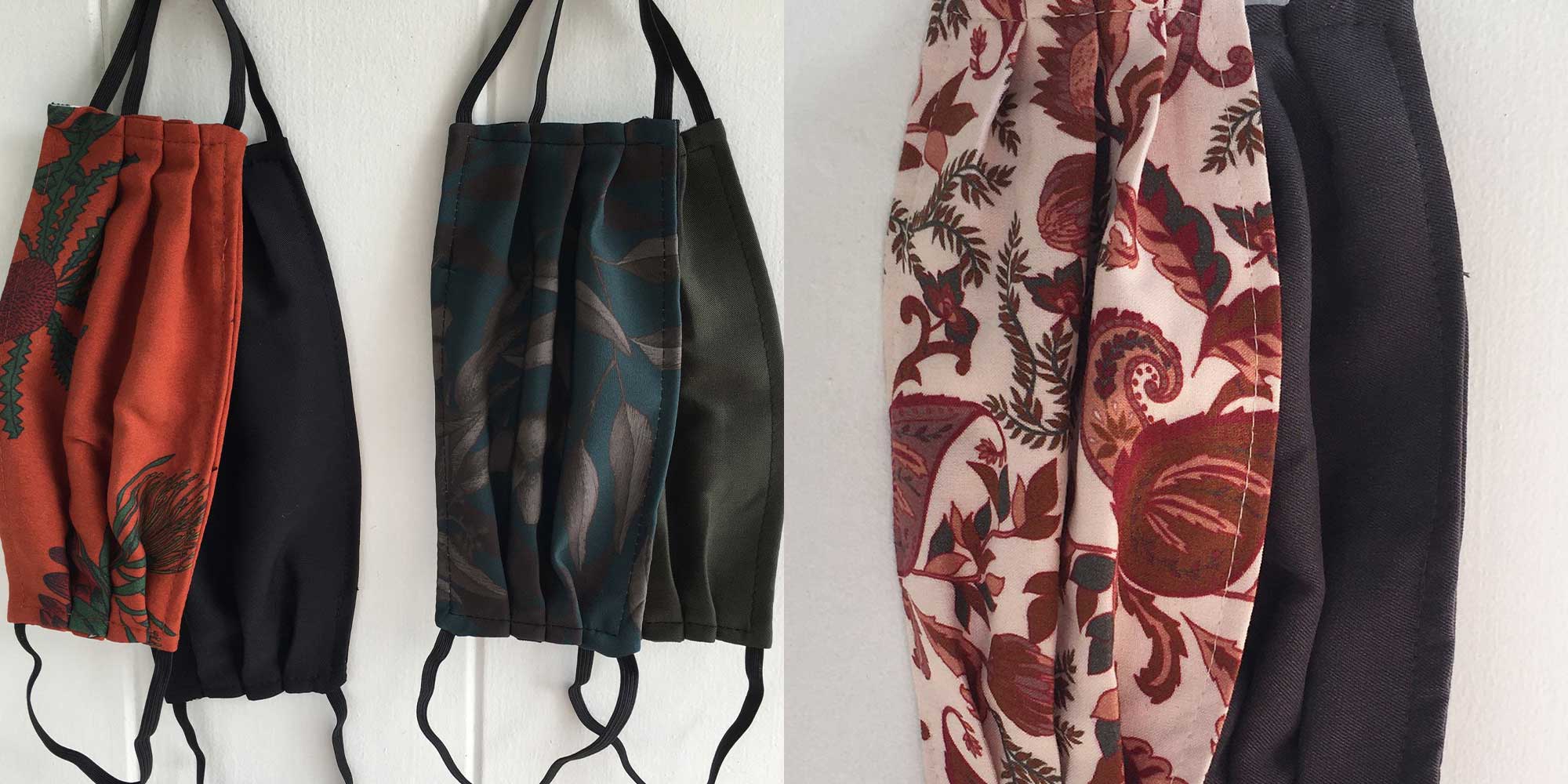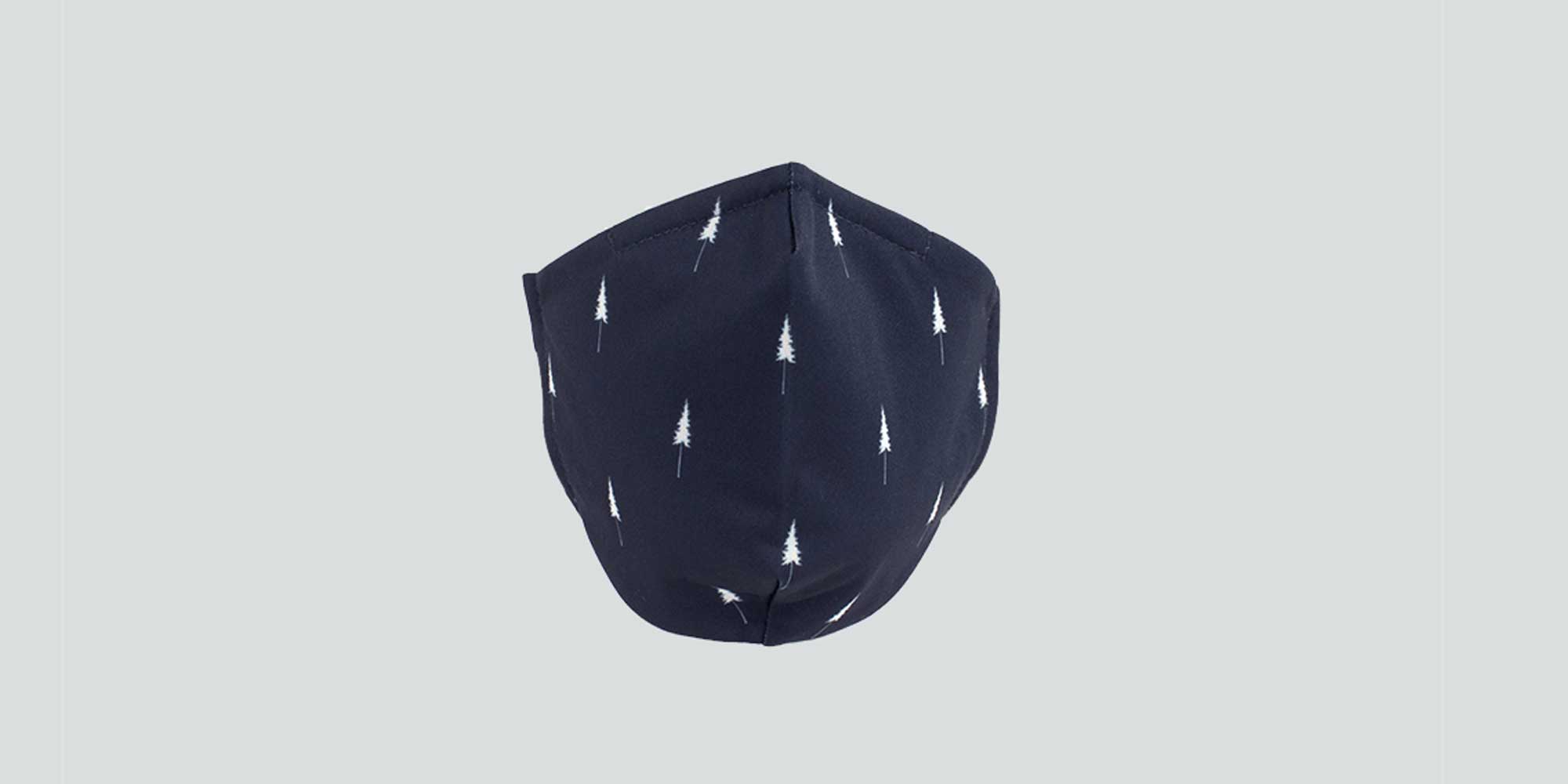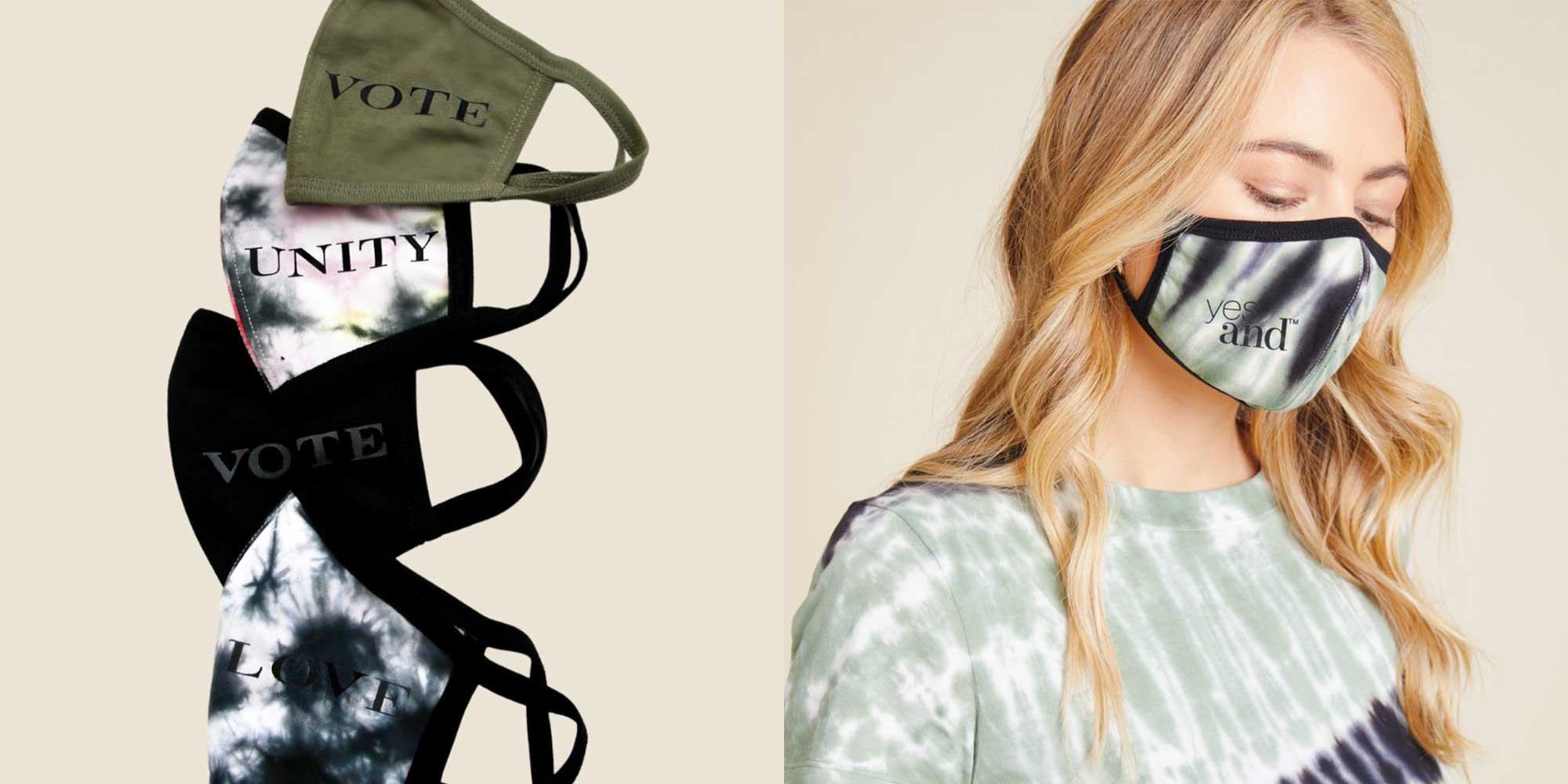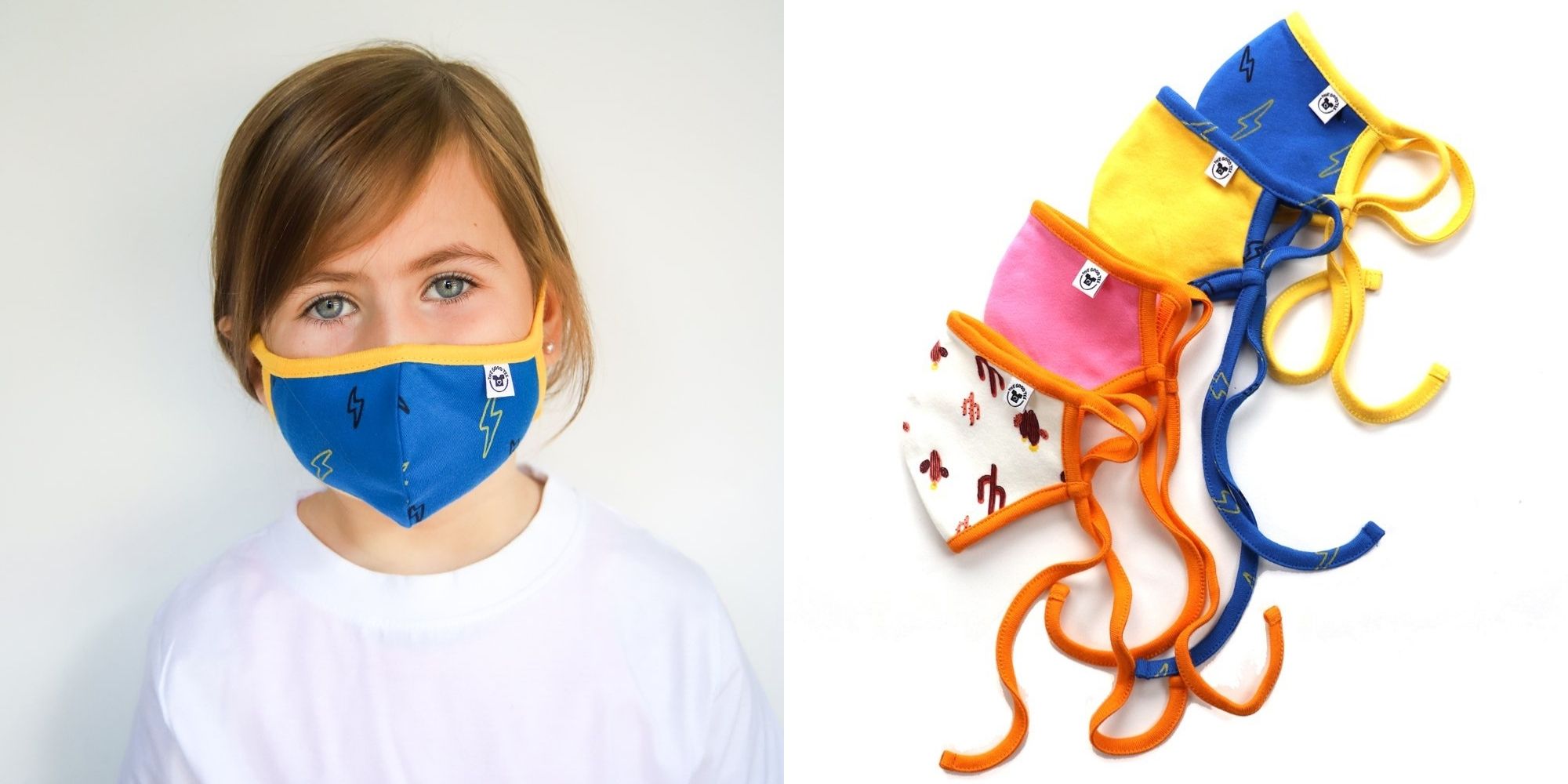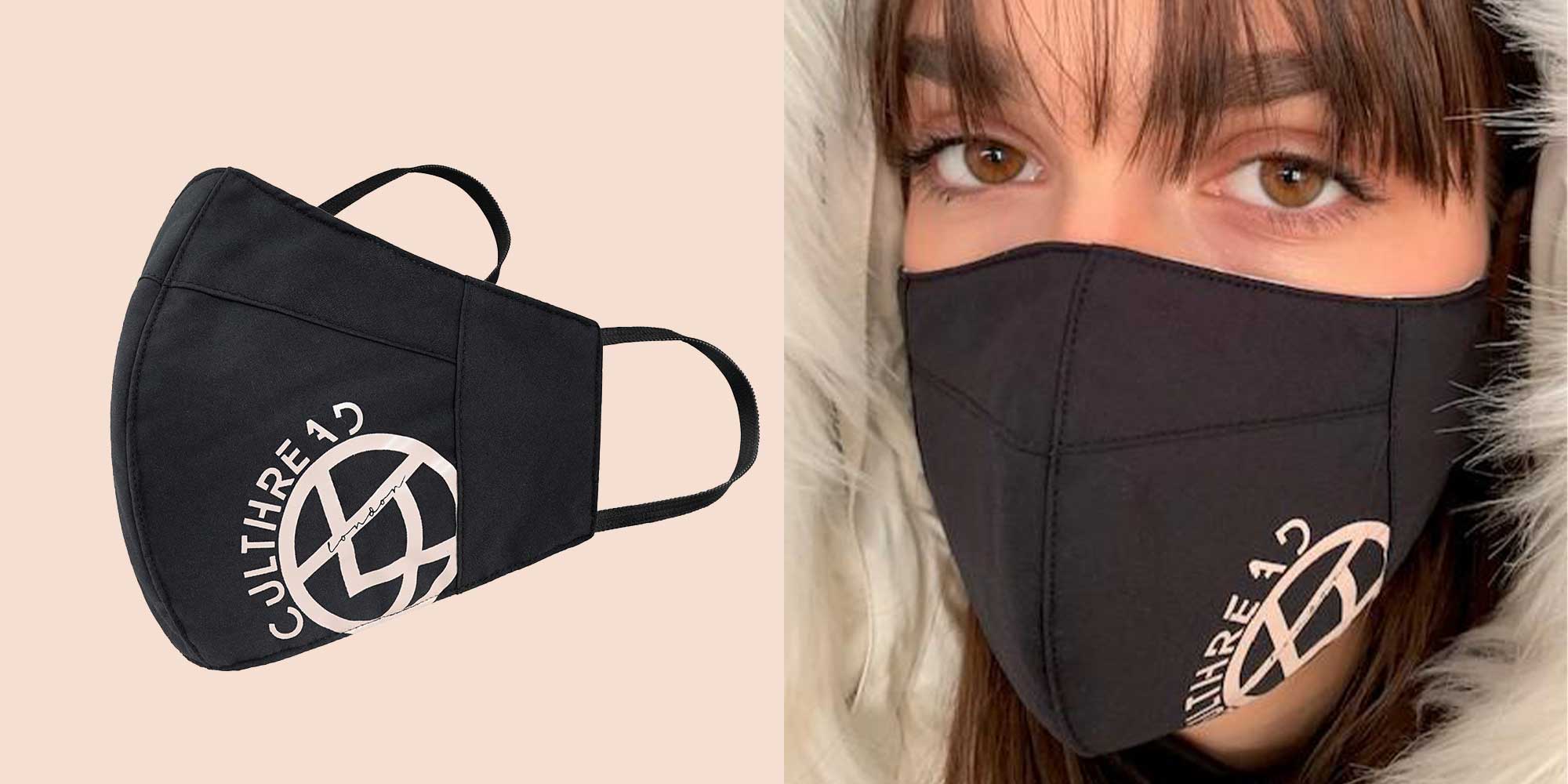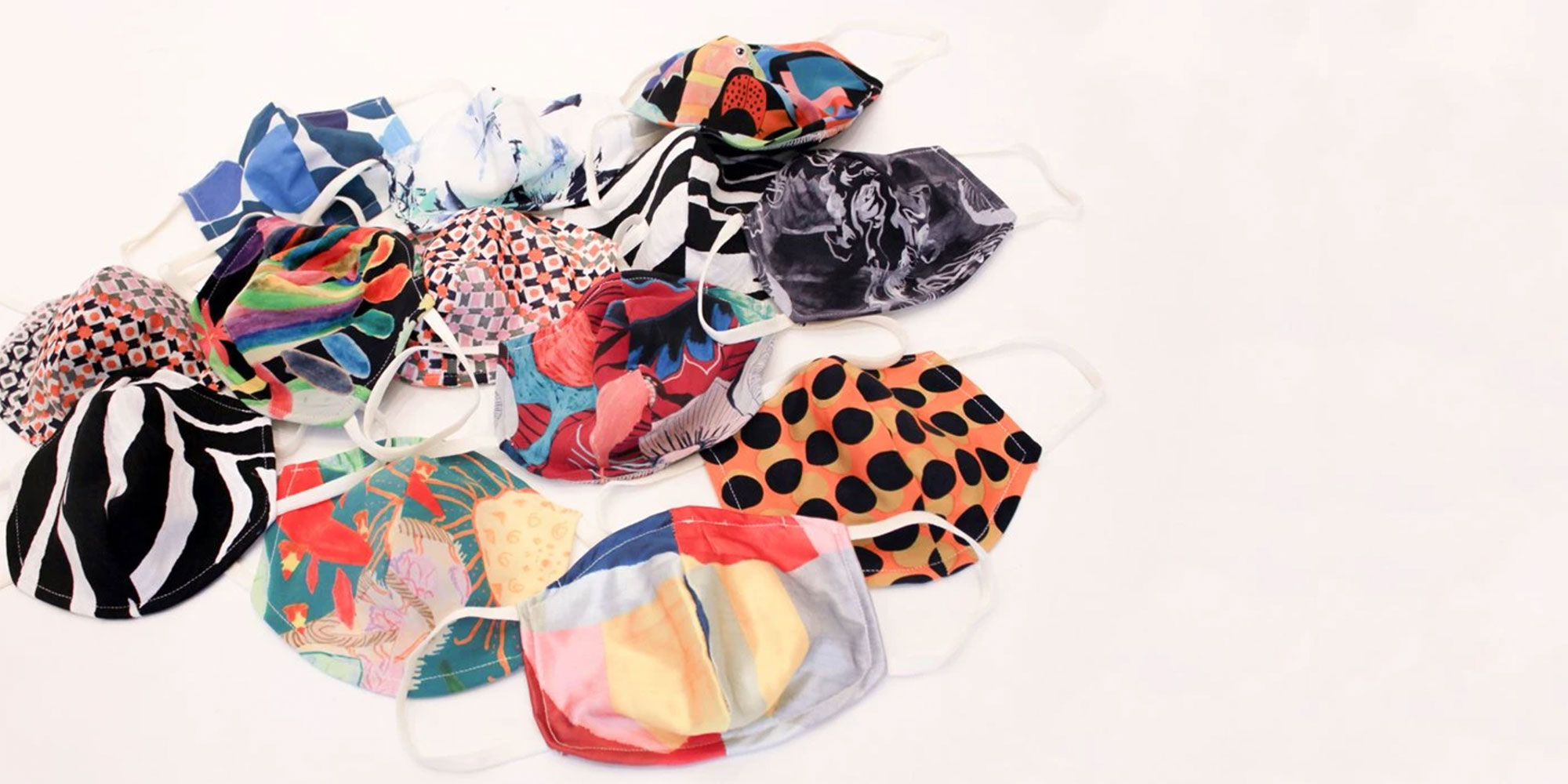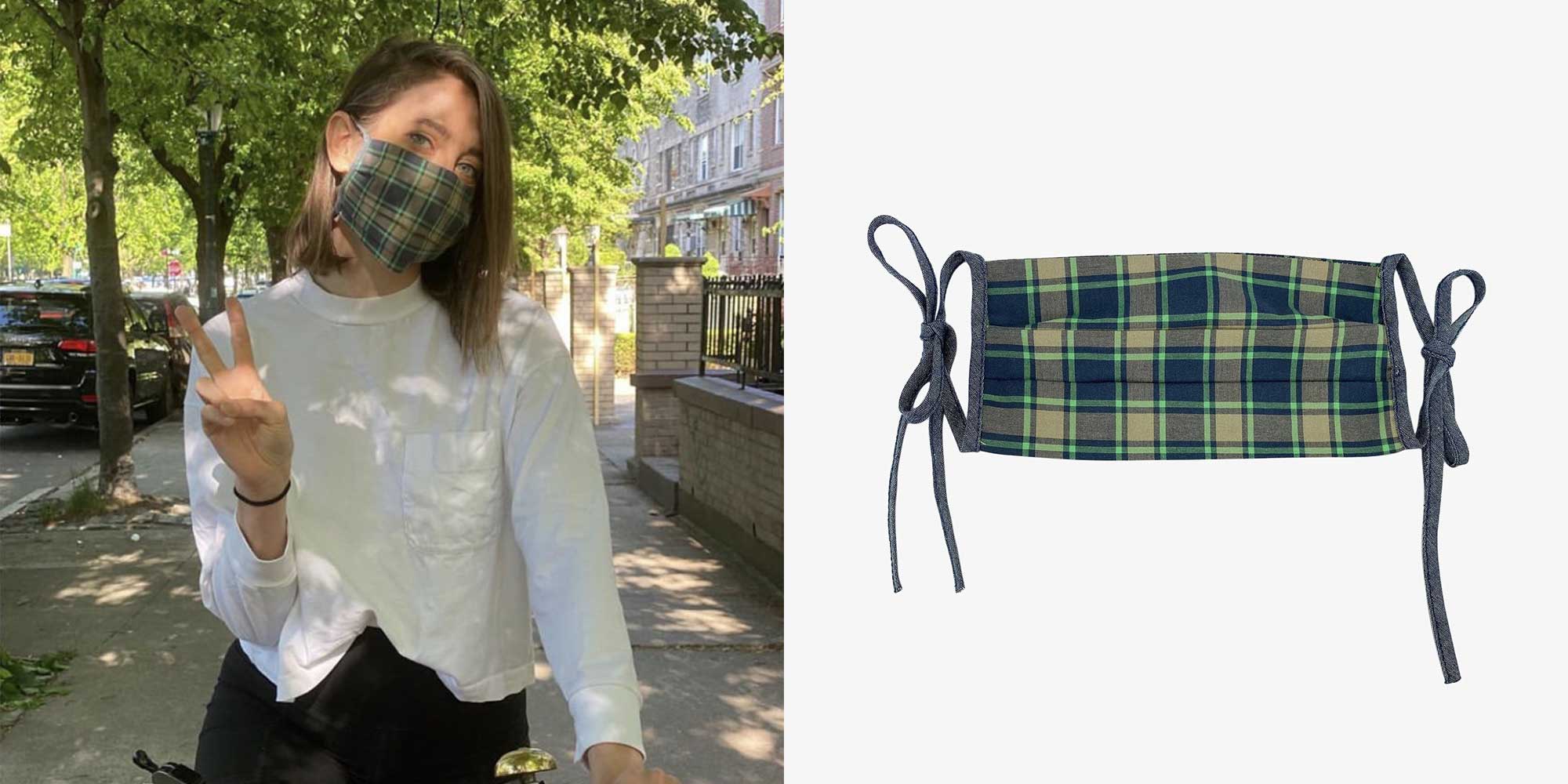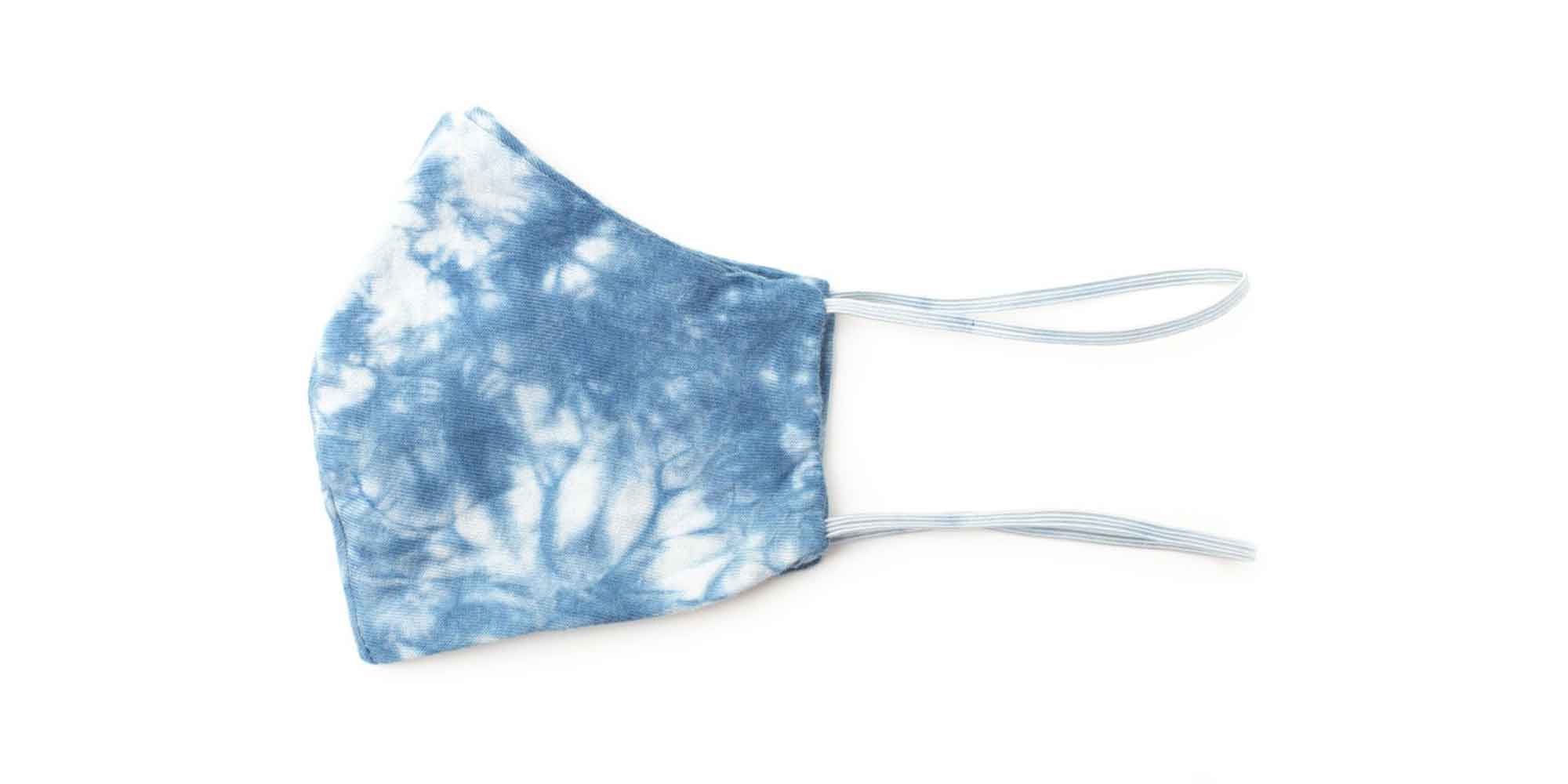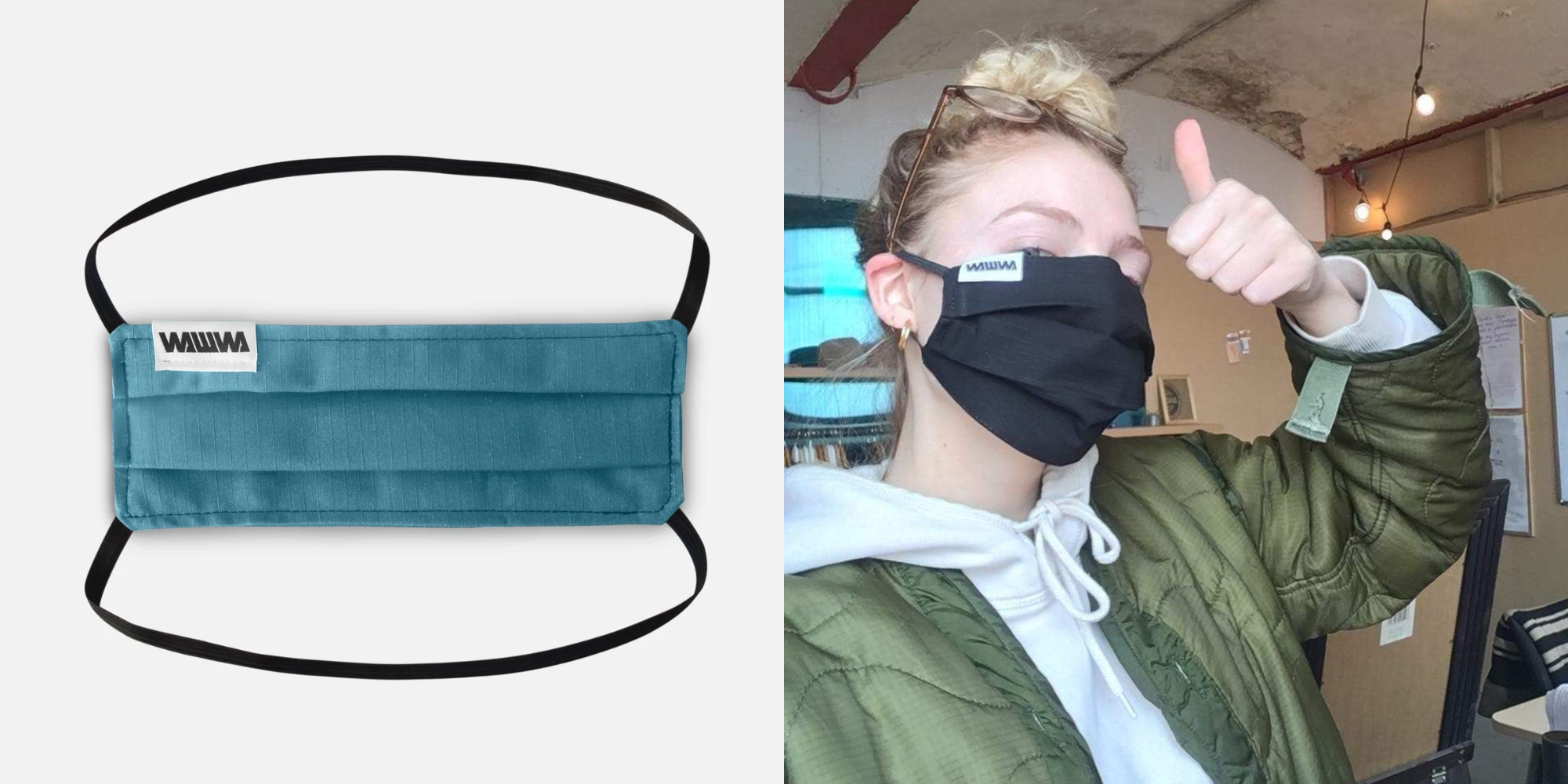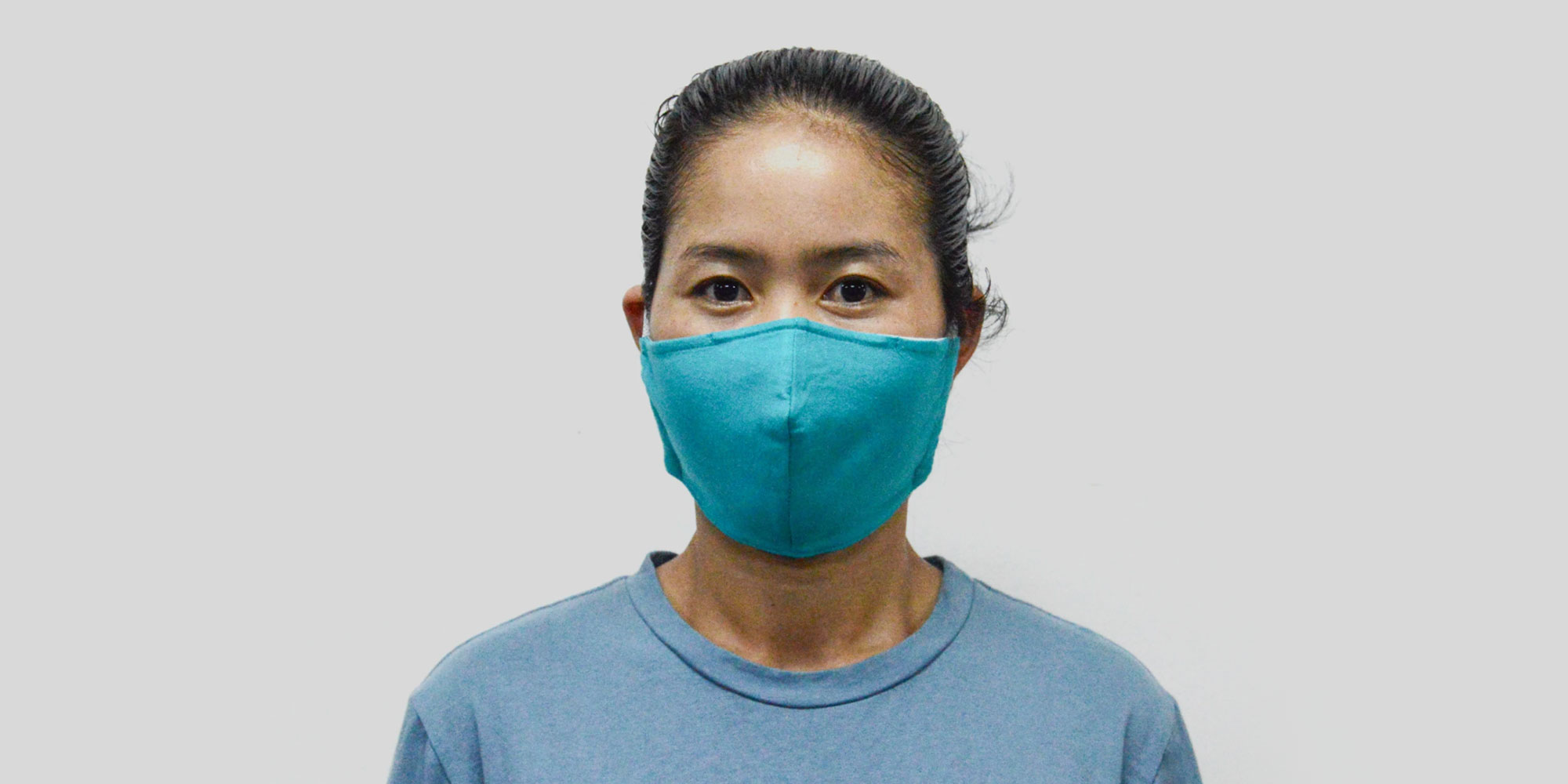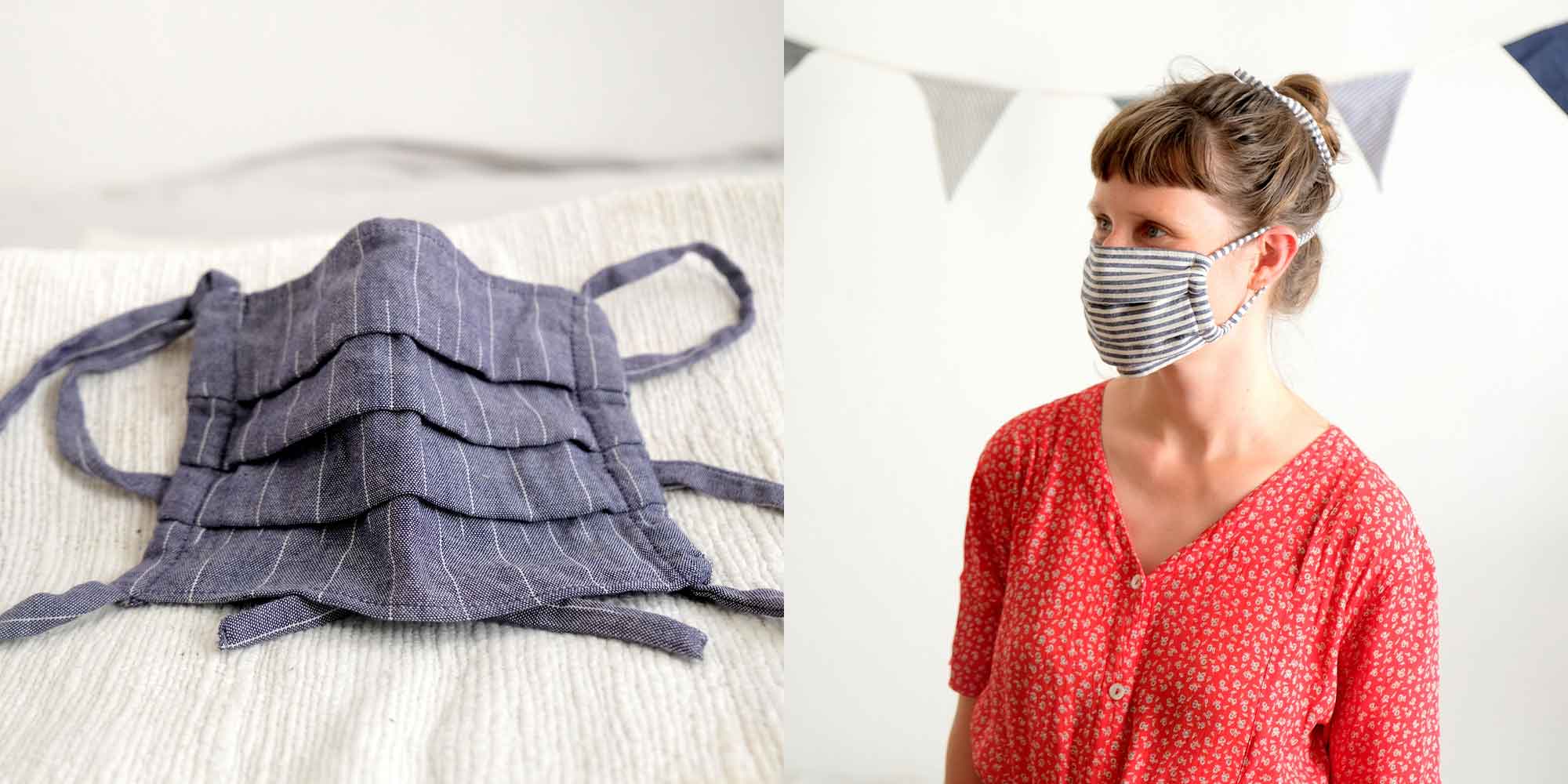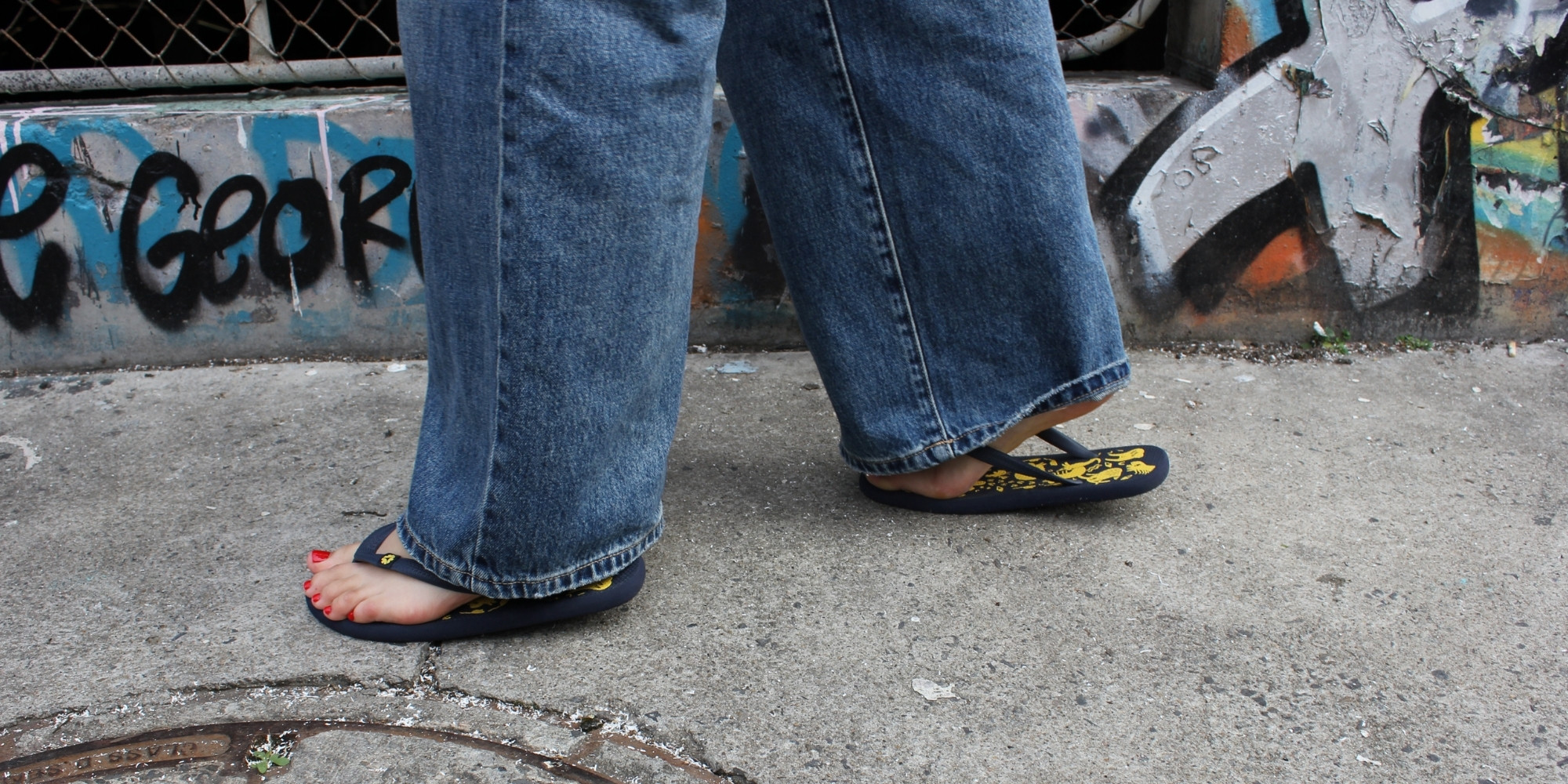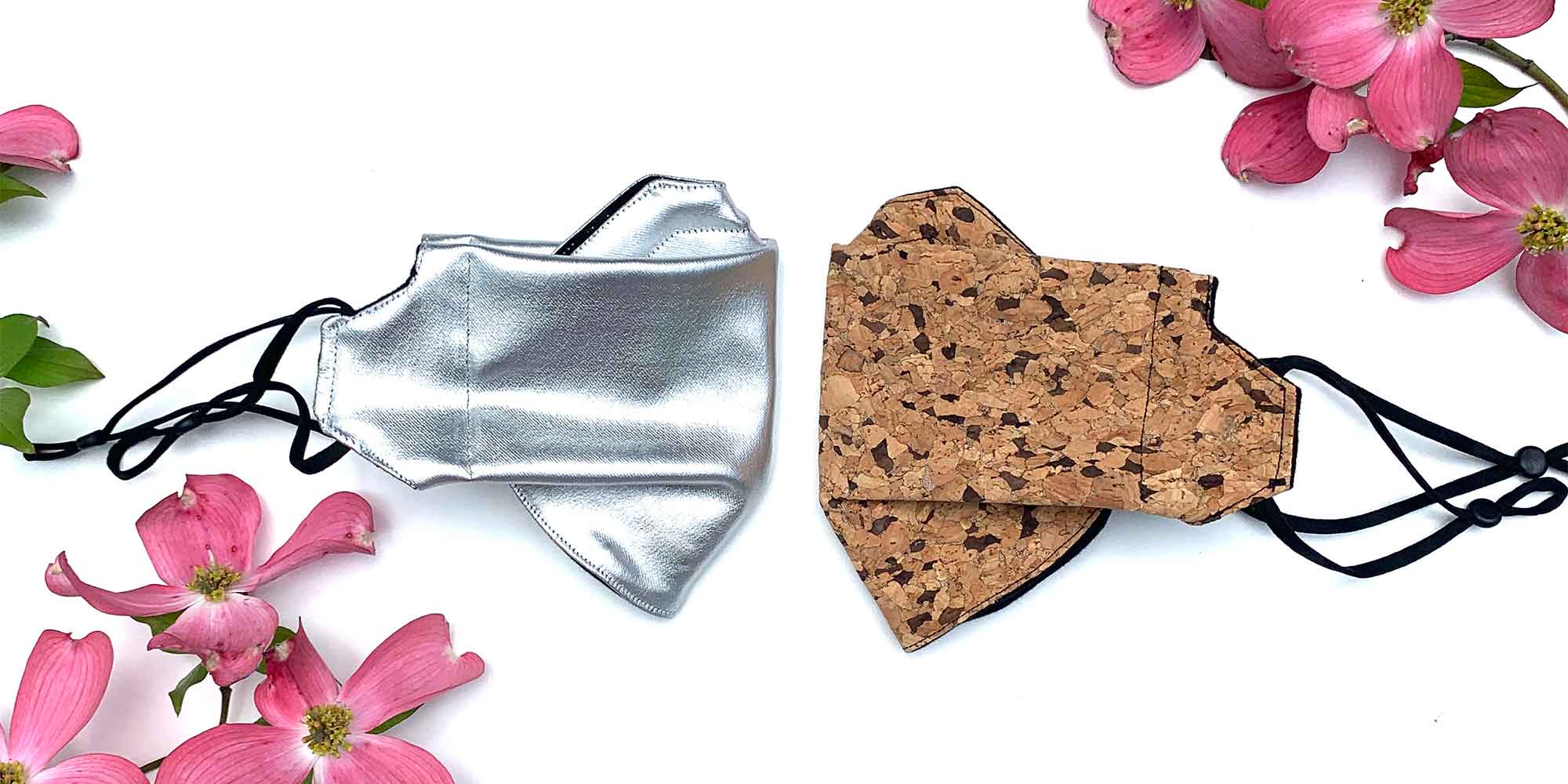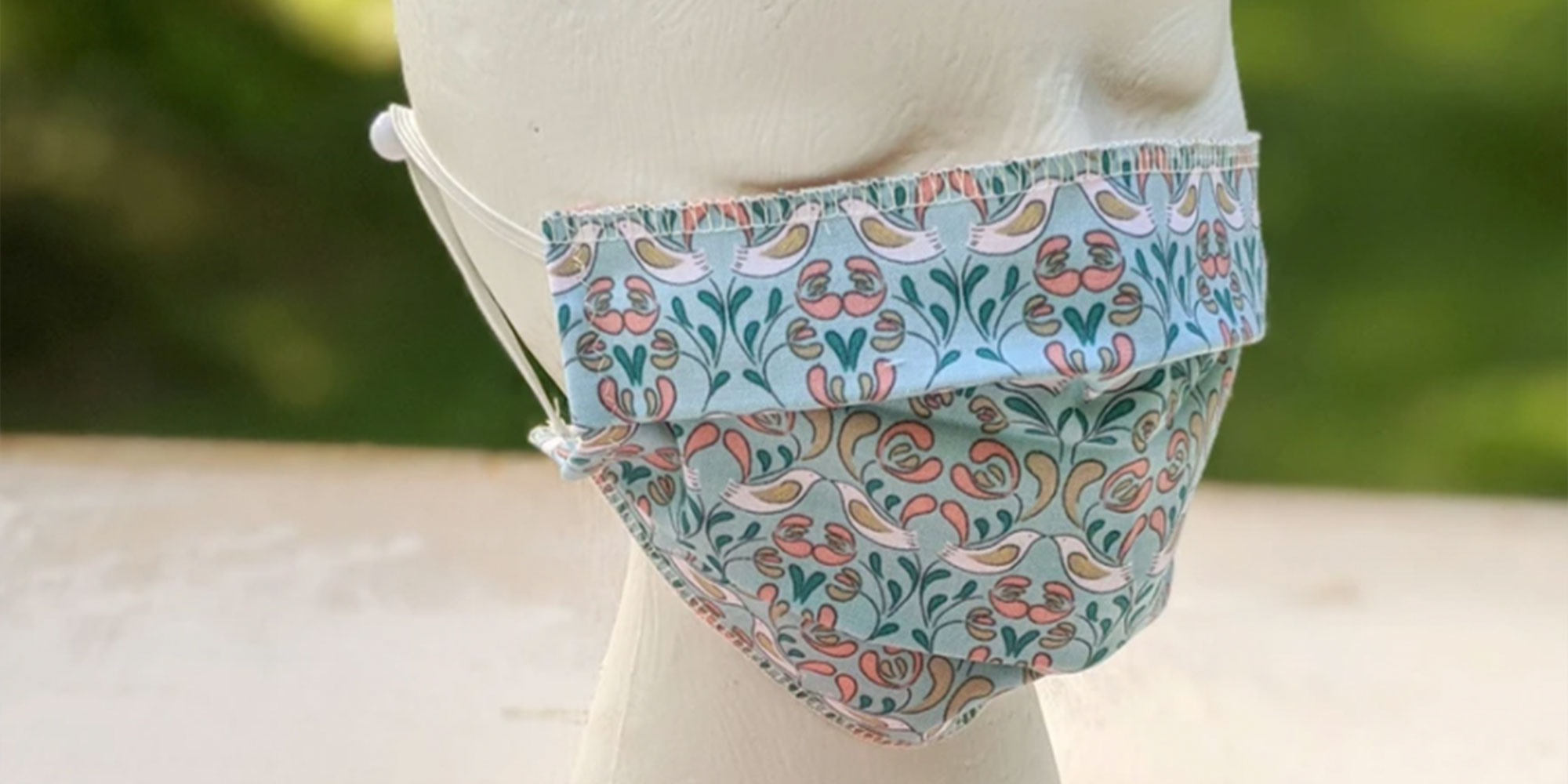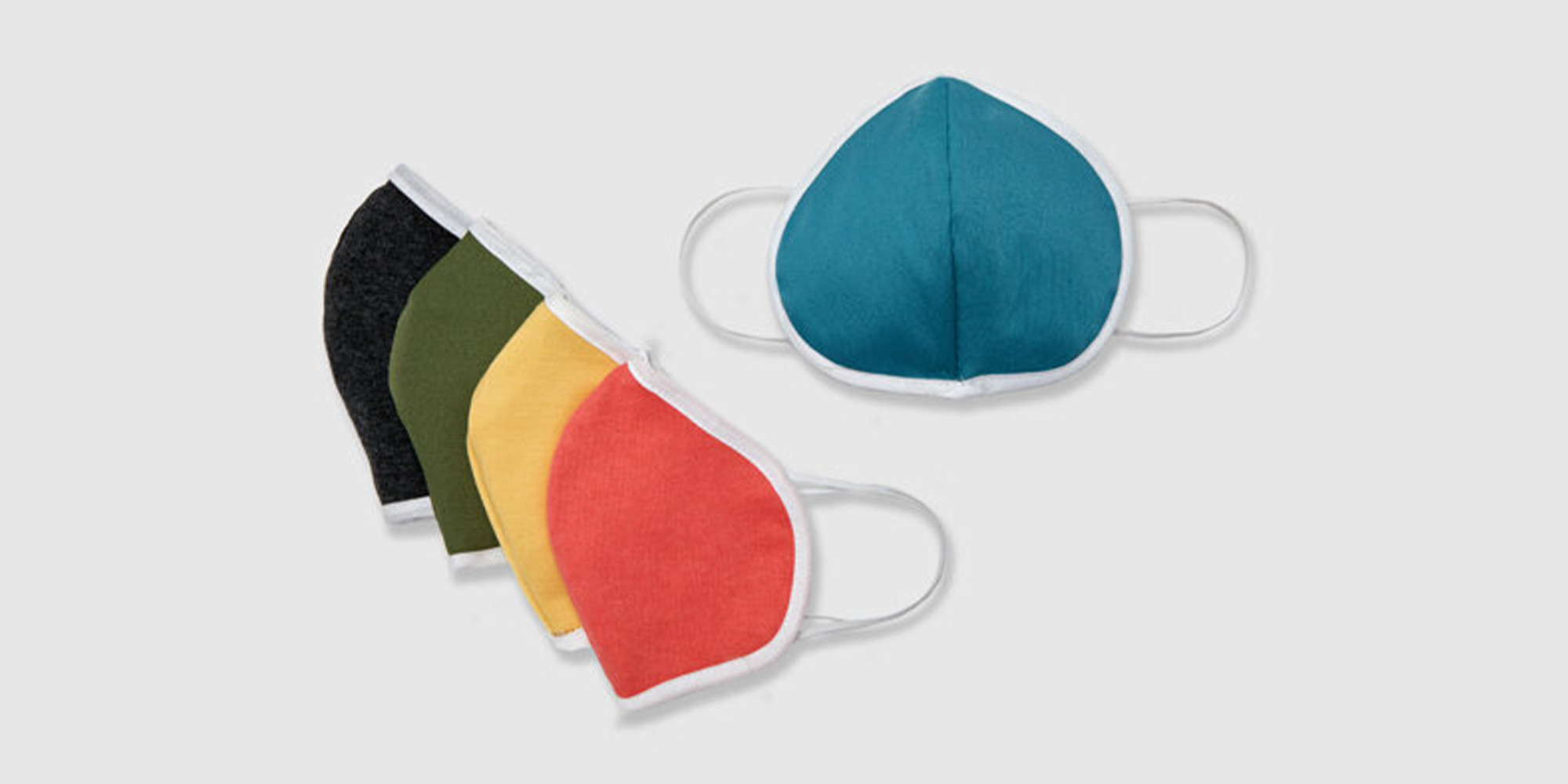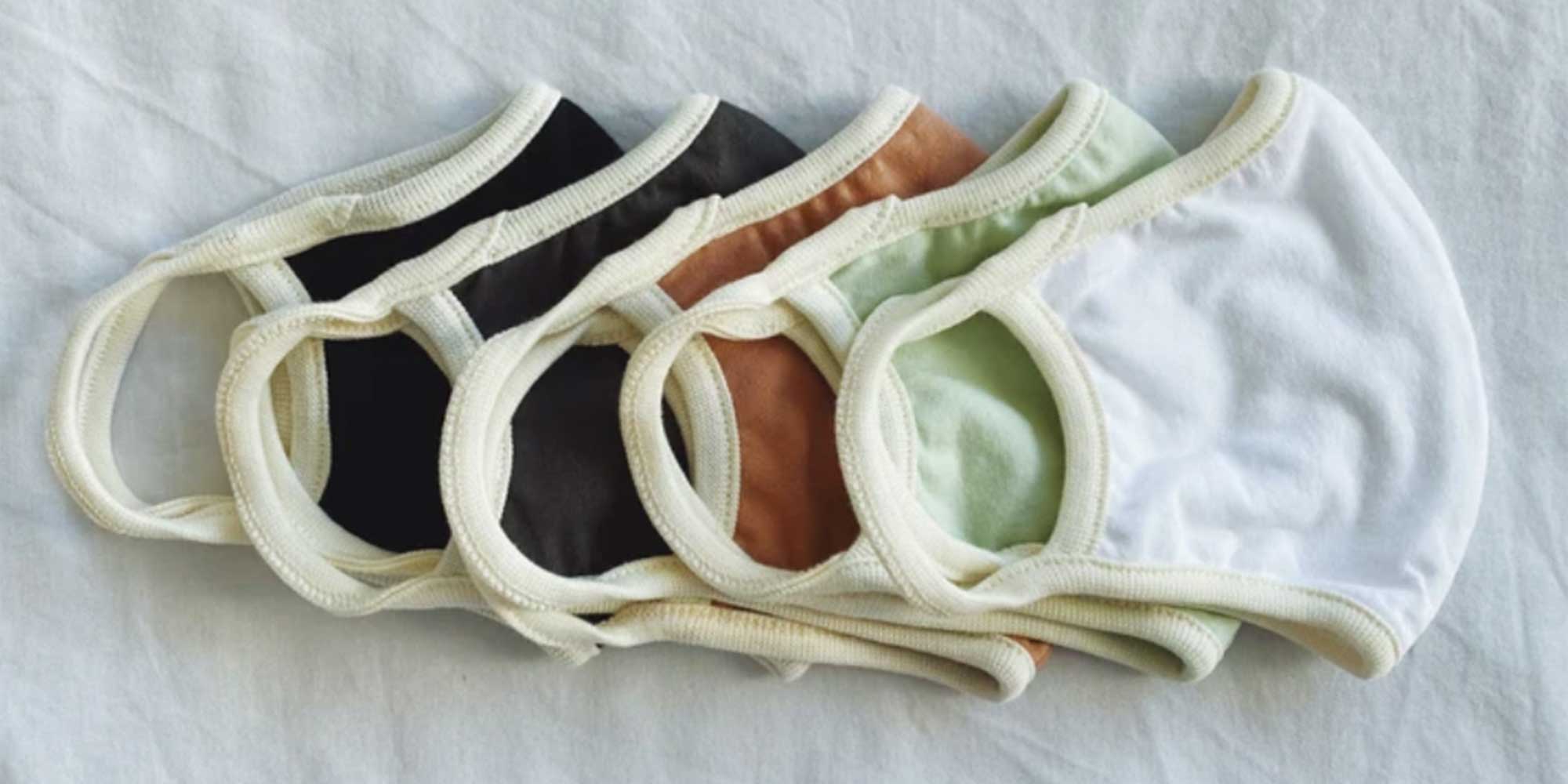Our editors curate highly rated brands that are first assessed by our rigorous ratings system. Buying through our links may earn us a commission—supporting the work we do. Learn more.
If you’re going to wear a mask, why not choose a reusable mask that reduces environmental impact and makes a more (sustainable) fashion statement at the same time?
The first half of 2020 sent the world into a spiral of widespread panic, and for good reason. From devastating bushfires in Australia, to flooding and locusts in East Africa, to a plague of hornets in the States… not to mention, you know, the global pandemic. In response, health authorities across the world have made a point of highlighting the effectiveness (or not) of face masks for each new seemingly apocalyptic situation we find ourselves in. We knew it was about time to track down the most sustainable face masks.
For most of us in 2021, mask-wearing is still either mandatory, encouraged, or the socially responsible thing to do. But there’s no doubt mask wearing has its downsides! Beyond possible discomfort there are environmental impacts to consider, and then there’s the all important question of how we look: there’s no denying our identity is tied up in what we wear—face coverings included. So if you’re going to wear a mask, why not choose a reusable mask that reduces environmental impact and makes a more (sustainable) fashion statement at the same time?
Masks and your health
Trying to find the right mask can be confusing and intimidating. The primary benefit of mask wearing is to help reduce the spread of respiratory diseases including COVID-19, ideally before symptoms appear—remember, general health advice is for people with symptoms to stay home if they can. But even a basic mask will offer some protection to you and your family, so they’re worth a look in. Better to be safe than sorry, right?
Before we get to the brands, let’s take a moment to talk about the effectiveness of certain types of masks. The latest guidance from the World Health Organisation, currently stands as this: “WHO guidance recommends more complex masks made of three layers of fabric for the general public taking public transport or going into shops or places of worship where they cannot keep their distance.” It also advises people over 60 or with underlying health conditions to wear medical grade masks (N95 Standard) “in settings where physical distancing cannot be achieved because of increased risk of infection and/or negative outcomes.”
If you are low-risk and lucky enough to be able to maintain social distancing (you’re not within 1.5 metres of others at work, on public transport, or while shopping) then a simple single- or double-layer face mask will do the job. If you are low-risk and social distancing isn’t always doable, consider one of the three-layer options for the more crowded moments.
Disposable masks: a new environmental issue
An unfortunate side effect of the Coronavirus pandemic is the increased use of disposable personal protective equipment (PPE). As a conscious consumer, the thought of disposable masks might make you a little uneasy, especially in the long term—though of course in specific situations like hospital settings, disposable is the only safe option. But for the rest of us, there’s no reason not to invest in these ethical brands making more sustainable and reusable face masks to stay safe and look great at the same time.
Both #Masks4All and plastic pollution expert Mark Benfield encourage the use of reusable and even homemade masks, for our sake and the sake of the planet. Be sure to read through all of their research-based advice to stay on top of appropriate mask use. As we slowly come out of one set of crises, we should do our best not to contribute to the overarching existential threat facing humanity—the climate crisis.
Find your country
In an ideal world, we would all be able to buy more sustainable face masks locally, but that might not be possible for everyone. However, chances are your country or a country near you is producing options! Below you will find brands from the US, Germany, UK, Turkey, Portugal, and Australia—most of which ship internationally.




